People are turning to the black market for medicines as Covid instances in China grow.

Covid-19 instances in China are on the rise, driving individuals to the illegal market for drugs. They are paying exorbitant prices for the antivirals, with a box of Paxlovid costing 5,800 yuan (S$1,122). Visit straitstimes.com to learn more. That includes patients who fail the test and are more likely to be hospitalized, such as the elderly, having ready access to antiviral medicines.
The escalating outbreak is raising demand for these medications, but Chinese patients have discovered a shortage of them across the country’s overburdened healthcare system. According to posts on social media and newspaper articles, people are looking for online pharmacies to buy generic versions of medicines that are manufactured overseas and are not permitted for sale in China.
Increase in instances that is a result of reopening. You are aware that the official statistic is unreliable. As the capital prepares for a rise in cases, there has been criticism of its viral accounting. 1:00 AM on December 22, 2022, Reuters document Despite a sharp increase in cases, China may be finding it difficult to keep track of Covid-19 infections, a top WHO official warned on Wednesday (December 21), raising worries about the country’s data deficiency.
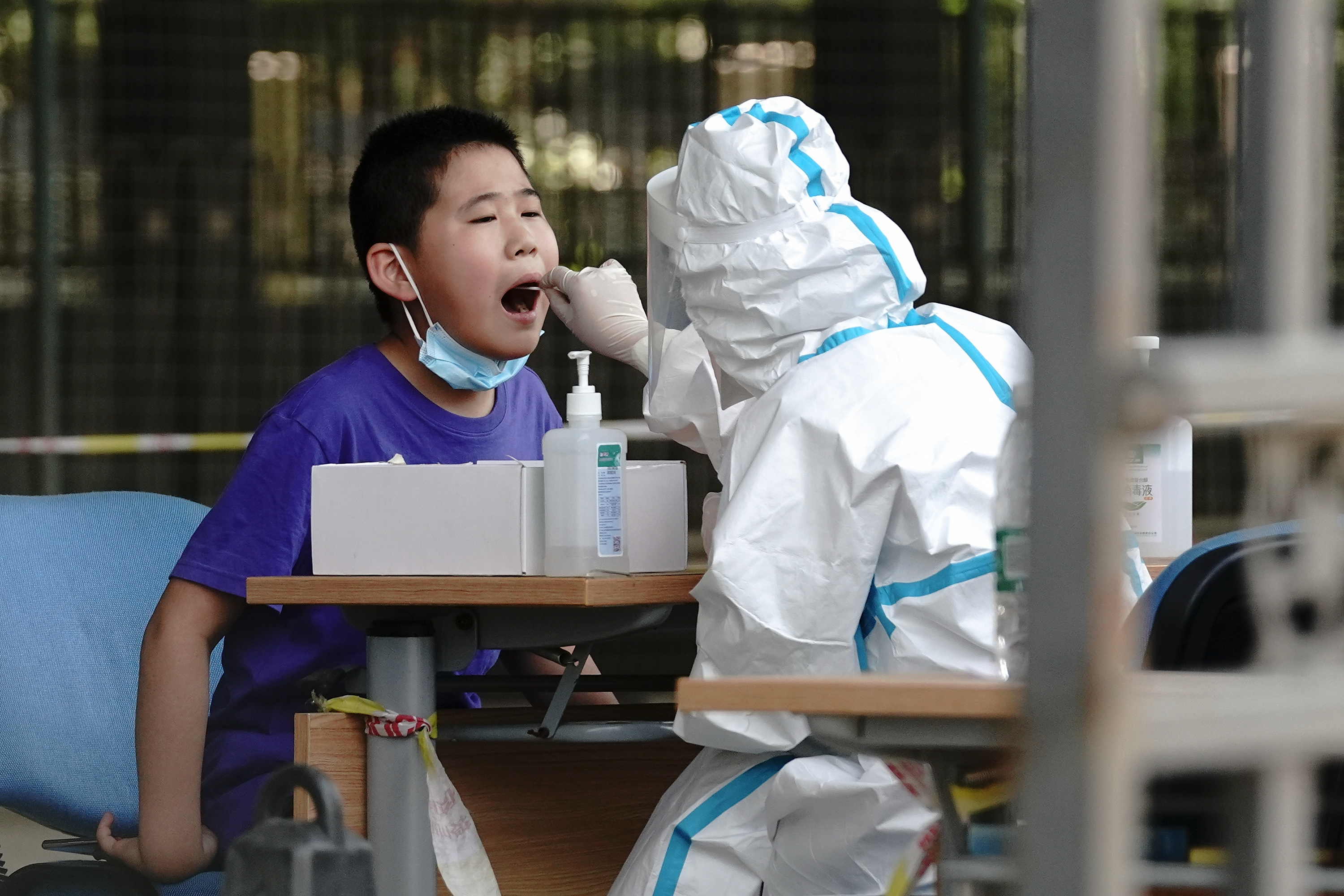
That includes patients who fail the test and are more likely to be hospitalized, like the elderly, having ready access to antiviral medications. The escalating outbreak is raising demand for these medicines, but Chinese patients have discovered a shortage of them throughout the country’s overburdened healthcare system.

It is impossible for the official number to be correct. According to posts on social media and newspaper articles, people are looking for online pharmacies to buy generic versions of medicines that are manufactured overseas and are not allowed for sale in China. According to Dr. Ryan, the WHO would support efforts to import vaccinations while simultaneously finding ways to have them made in as many locations as feasible.
On Sunday, a member of the well-known Weibo network, which is similar to Twitter, stated that she was purchasing generic Paxlovid produced in Bangladesh since she had an elderly family and was unable to get any in China. Others have mentioned knowing someone who passed away from COVID-19.

Although she had learned that China had imported hundreds of thousands of cartons of Paxlovid, she stated in the since-deleted post that regular citizens were unable to obtain the possibly life-saving medication. Despite China reporting no additional Covid-19 deaths in its expanding epidemic, dozens of hearses waited outside a Beijing cremation on Wednesday, prompting criticism of its viral accounting as the metropolis prepared for an increase in cases.

The same day, a different Weibo user demanded that getting the drugs be made simple and quicker. Beijing was reportedly seeing its first major Covid wave on August 8 and was apparently running low on medical supplies, particularly anti-fever drugs and Antigen Rapid Test (ART) equipment.
The poster uploaded a photo of a billboard selling generic Paxlovid products produced in India, which can be ordered on the same day as payments and delivered in two to three weeks. Antivirals are pretty expensive for those who can receive them. They were quickly turned away, though, as the pharmacist said they were entirely out of stock.
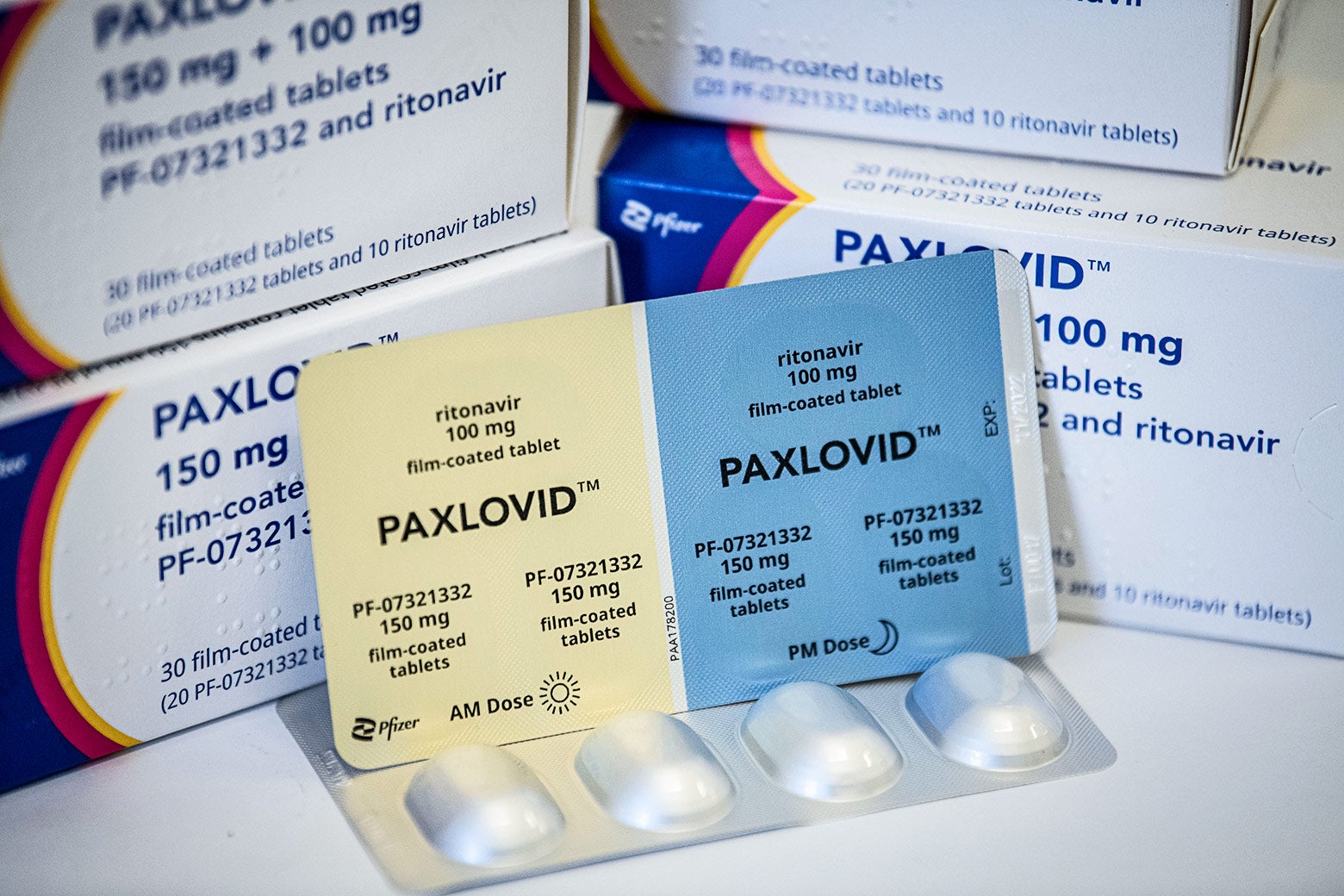
According to the 21st Century Business Herald, a white-collar employee in Guangdong spent a Hong Kong agent 5,800 yuan (S$1,122) for a box of Paxlovid, or over double the actual price in mainland China. The Daily, a Shanghai-based magazine, stated that since the government’s initial hesitant moves towards loosening Covid-Zero in November, buying agencies had sold over 50,000 boxes of overseas generic antivirals.
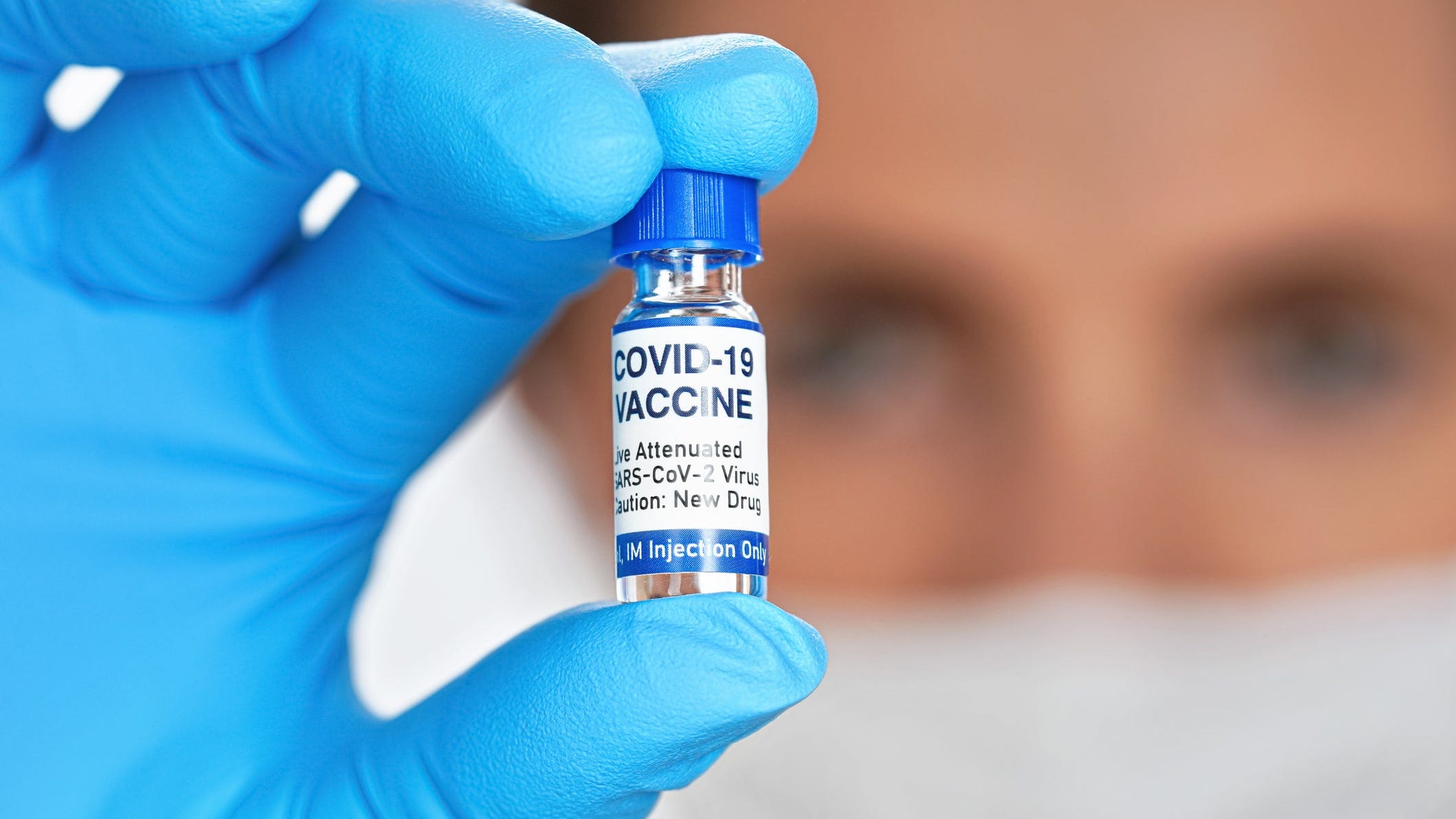
Many incidents and fatalities go unrecorded. The relaxing of Covid restrictions, according to Zhou Jiatong, director of the Center for Disease Control in the southwest Guangxi province, could put China in danger of more than two million fatalities. On Wednesday, a German government spokeswoman said that Berlin had shipped its first BioNTech Covid-19 vaccinations to China, where they will first be given to German ex-pats. This is the first international coronavirus vaccine to reach the country.
The former editor-in-chief of the state-sponsored newspaper Global Times, Mr. Hu Xijin, who is also an outspoken supporter of the government, joined the chorus of those complaining about the high cost and pointing out Chinese discontent.
According to Dr. Siddharth Sridhar, clinical associate professor at the University of Hong Kong’s department of microbiology, it is uncertain whether China is ready to meet the big demand. “A distribution system to provide these tablets to patients in time isn’t something that can be put up quickly,” he added. “Even if there is sufficient Paxlovid for China’s enormous population.” Liang Wannian, a critical health official at the time when China still was attempting to contain the virus, stated that receiving a sufficient supply of antivirals was necessary before the country would ever contemplate reopening. Because of the abrupt U-turn on Covid-19, the elderly group that benefits the most from like medications is exceptionally vulnerable.
Chinese people have discovered that medicines are scarce throughout the country’s overburdened healthcare system. The supply pressure may be exacerbated by Chinese citizens’ increased worry about the risks of Covid-19 following three years of advertising portraying the virus as particularly dangerous. Public messaging has changed along with the government’s official position, which one leading medical adviser compared to a cold. State media have run stories cautioning that not everyone has to take antivirals—more Information About This Subject.
Health professionals and locals were taken aback by the country’s quick U-turn on Covid Zero this month since officials didn’t seem to have planned adequately for the reopening’s possible increase in cases.
This included having simple access to antiviral treatments for use by those who screened positive and were more likely to require hospitalization, such as the elderly.
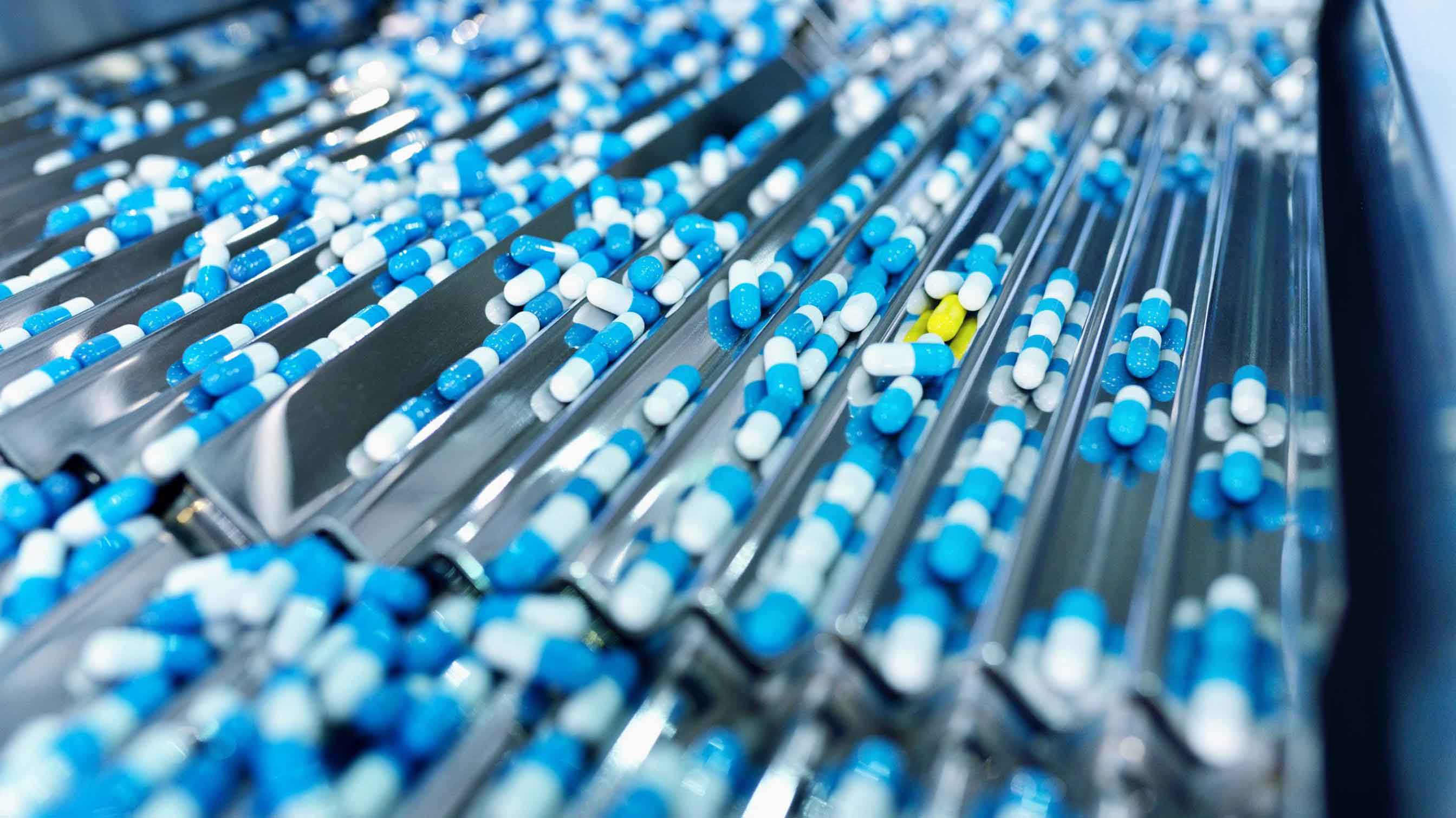
The rising outbreak is raising the demand for these medicines, but Chinese patients have discovered that there is a shortage of medications throughout the country’s overburdened healthcare system. According to posts on social media and newspaper articles, people are looking for internet sales channels to buy generic versions of pharmaceuticals that are manufactured overseas but cannot be sold in China.
Despite an increase in instances that experts worry the country is ill-prepared to handle, Chinese officials are adamant about moving forward. Countless millions of frail older adults are still not wholly immunized, and understaffed hospitals lack the means to control such inflow.
Authorities declared on Wednesday that starting six months after receiving their first booster injection, they would begin to allow select susceptible groups, including individuals 60 years of age or older, to have a second one.

Beijing has trouble
Now that restaurants, stores, and parks are once again open, locals are finding it difficult to adapt to life with the virus. Many people experiencing symptoms have chosen to stay at home, whereas others remain indoors to avoid becoming infected.
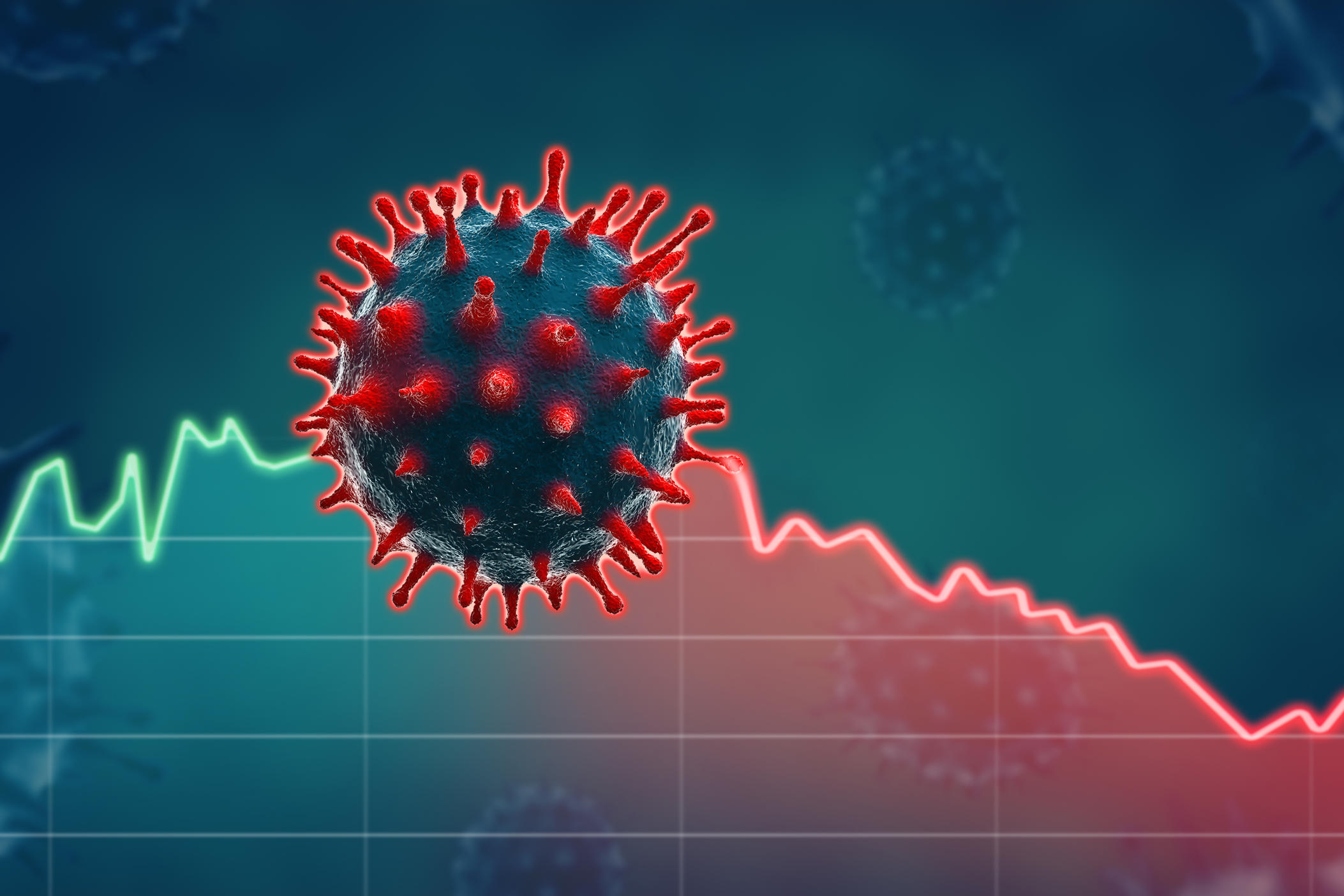
Businesses are experiencing difficulties as COVID-19 decimates the population and affects their personnel. The effect is that the streets of the city are mostly deserted.’ One homeowner in his 80s who refused to disclose his name stated, “I follow the criteria of the Government that the aged should stay in the house and go out as little as possible.”
However, he told AFP that he believed “there shouldn’t be full relaxation and freedom,” adding that he wasn’t very concerned because he thought Omicron was moderate. How will we be free if we’re dead? He asked.




